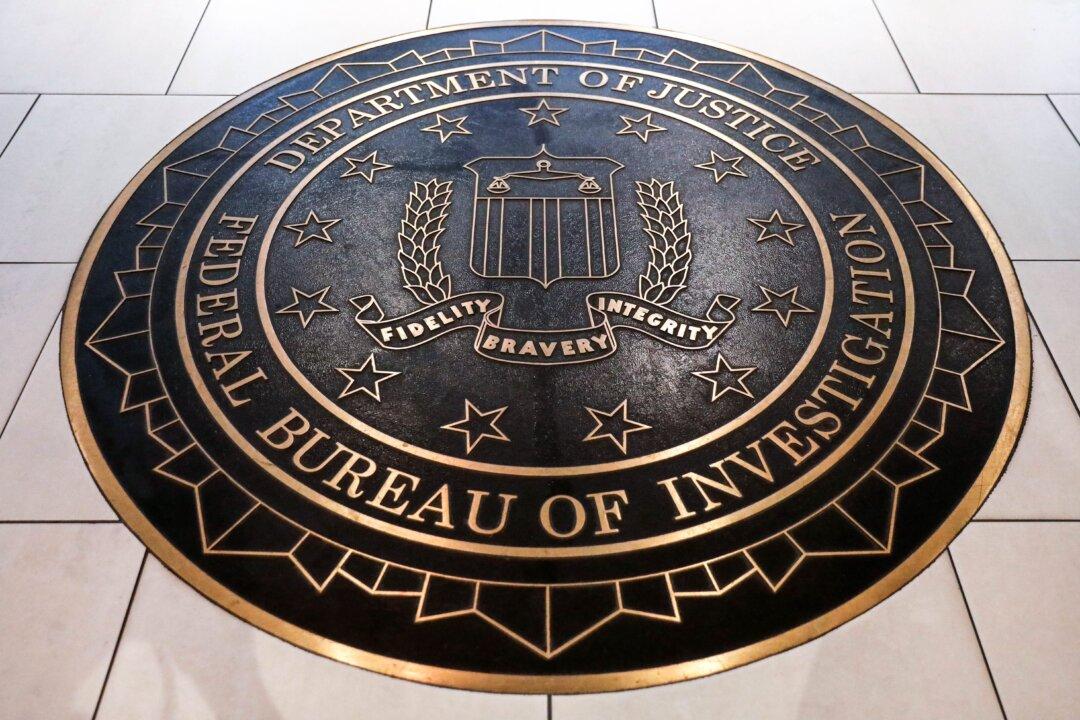A federal judge on Jan. 29 sentenced former FBI attorney Kevin Clinesmith to 12 months of probation for forging an email that resulted in one of several major errors in the applications to spy on former Trump campaign adviser Carter Page.
U.S. District Court Judge James Boasberg described Clinesmith’s forgery as an “inappropriate shortcut.” The judge concurred with the defense’s argument that the FBI attorney did not intend to lie when he added the words “not a source” to an email from a CIA liaison which described Page as having provided information to the agency.





